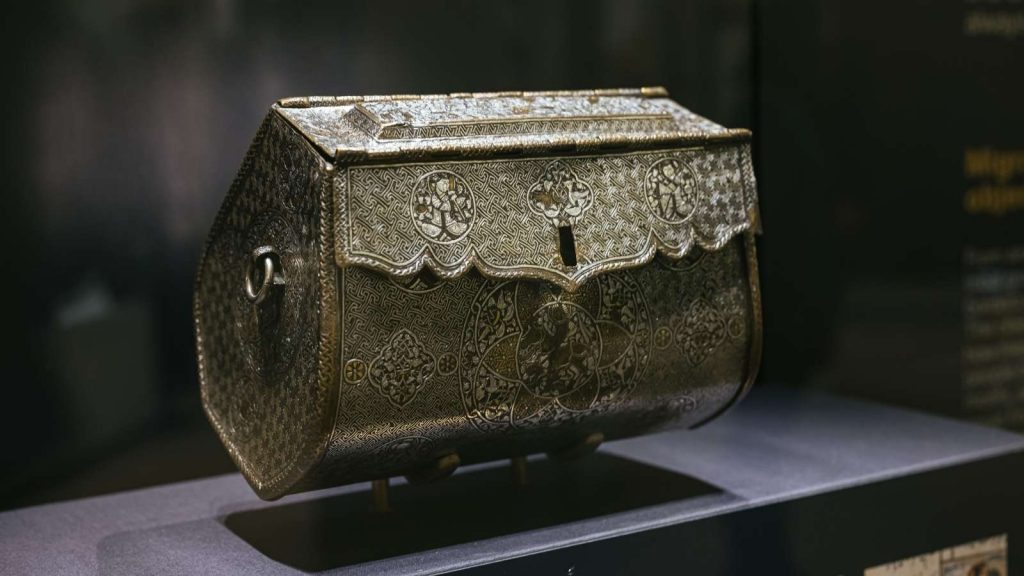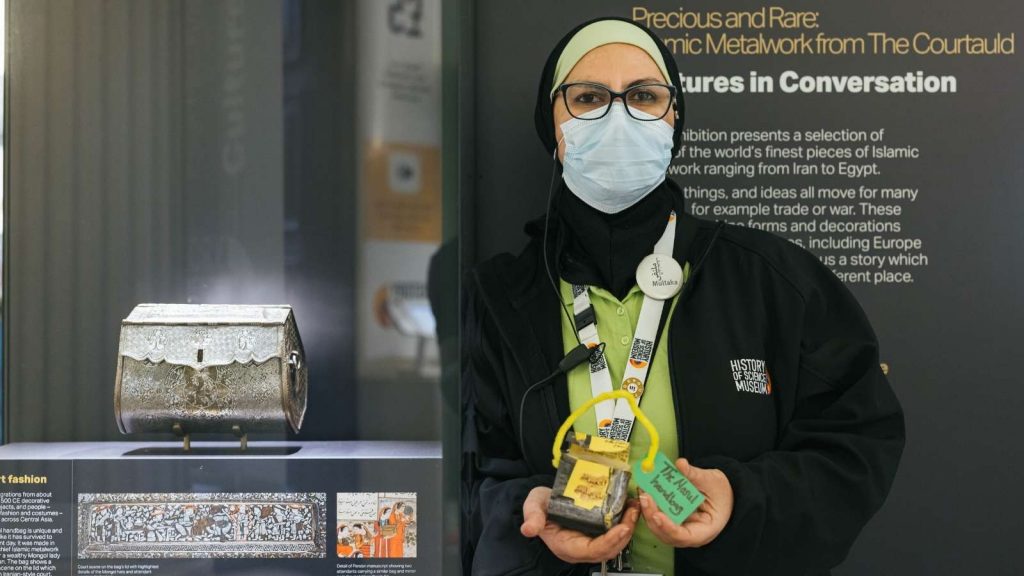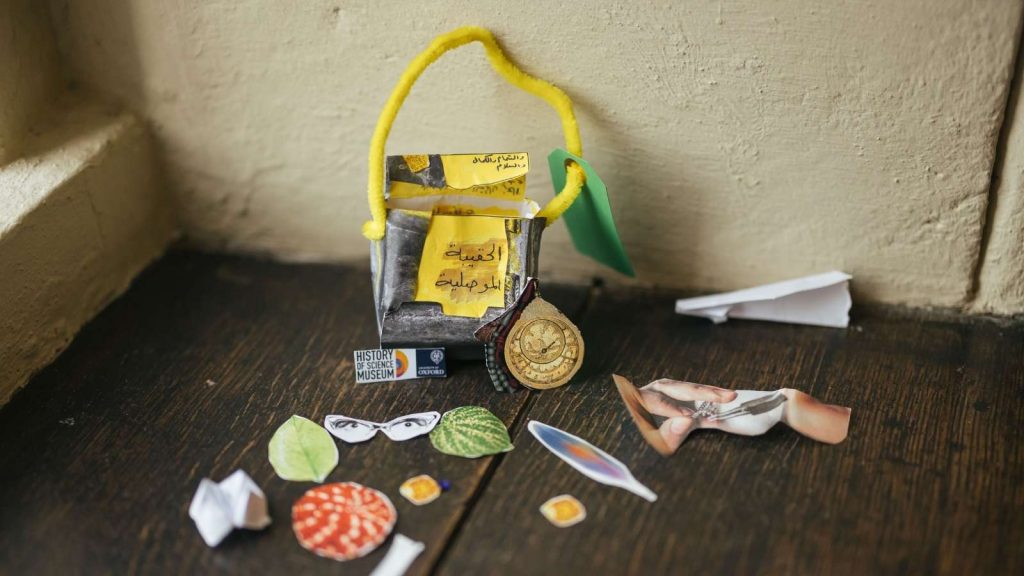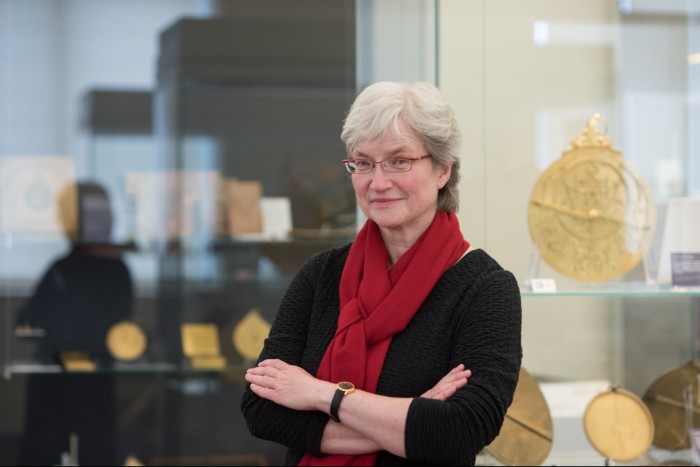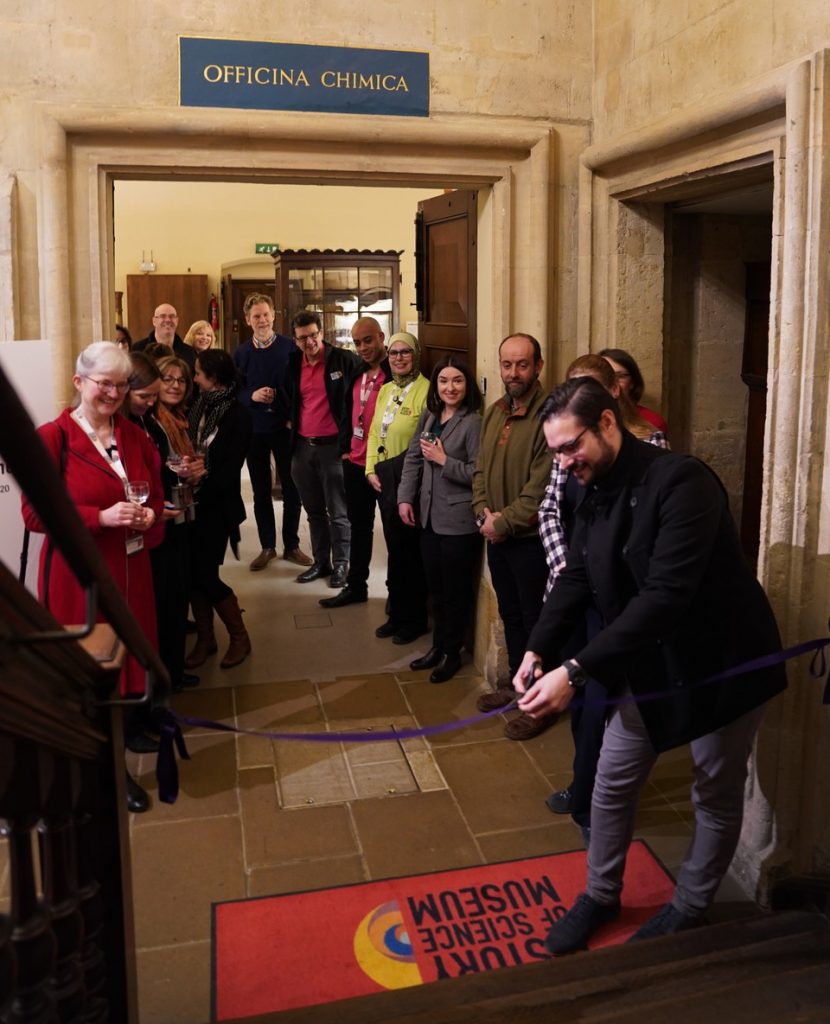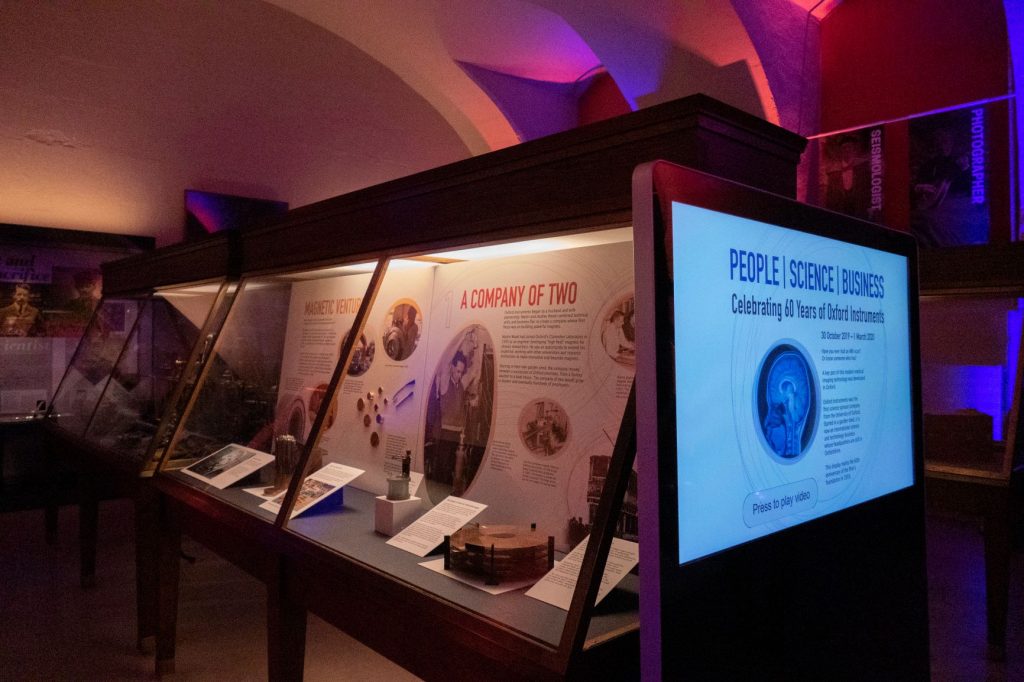Director’s Christmas Message 2021
Missions, meeting points, and curious connections
I don’t know about you, but I can’t believe that we are finding ourselves in December already – where did the year go?!
The challenges posed by Covid-19 continued, of course, but so did the opportunities and the thrill of excitement offered by trialling innovative approaches across all our activities.
On a mission
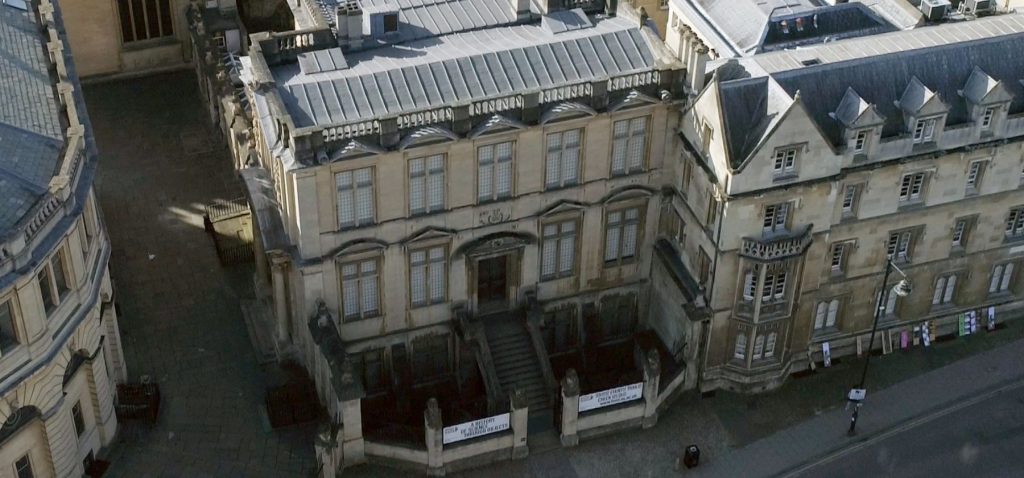
The year got off to an exciting start with the launch of our new Vision and Mission, a crucial part of Vision 2024, the transformative strategy for our centenary.
The work with our architects Purcell continued apace, with the hugely satisfying achievement of reaching a major milestone in the development of our capital project in late summer. We are very actively seeking funding for the next stages of the development and I am looking forward to sharing progress in future Newsletters.
Multaka: a new meeting point






Talking about funding, we were thrilled to announce the successful collaboration with Alwaleed Philanthropies on the continuation of the multi-award winning Multaka-Oxford project that we are jointly running with the Pitt Rivers Museum.
Of all the projects I have been involved with in my career, Multaka undoubtledly ranks amongst those that I am most proud of, and I can’t wait for this new phase to start.
2021 Highlights
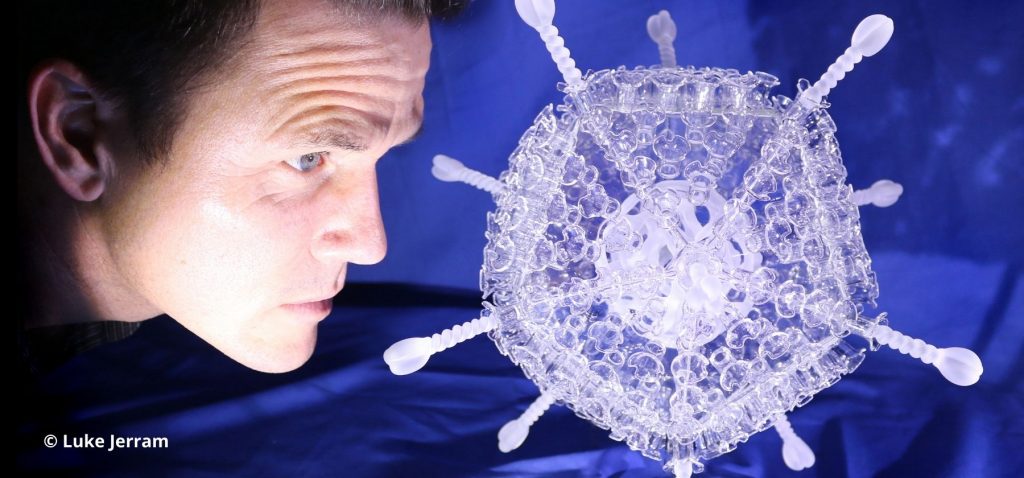
And so much else happened for which there is far too little space here (no surprise the months flew by!):
- the display of Luke Jerram’s stunning glass sculpture of a nanoparticle of the Oxford AstraZeneca vaccine
- the generous support from the E P A Cephalosporin Fund for our Collecting Covid project that we are running jointly with the Bodleian Libraries which enabled us to engage with our audiences in new and exciting ways
- our recently launched Collections Online database
are just three examples.
Curiosity Calendar


A propos Collections Online, I can’t imagine a more fun way to explore this project than our Curiosity Calendar – one door each day all the way to Christmas and no increase in waistline, promise ☺!
None of this would have been possible without our fantastic audiences, our wonderful supporters – and the incredible team that I have the privilege to lead.
THANK YOU!
With best wishes for a peaceful and relaxing festive season and a happy and healthy 2022,
Silke
Dr Silke Ackermann FSA
Director
